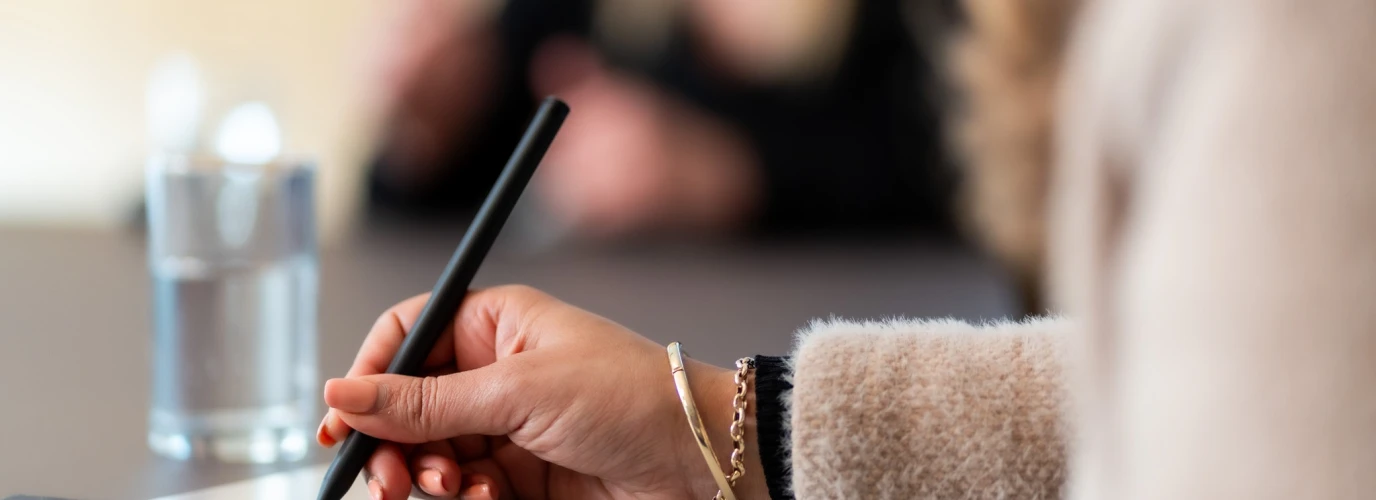Delivery deed
We find out whether what was sold to you can actually be transferred to you. Sometimes it turns out that there are still obligations on the house. Think of easements (e.g. a right of way) or claims of creditors on the house. The notary goes through many steps before he knows that a buyer can actually become the owner.
We make sure the whole process (the delivery and possibly the mortgage) goes as smoothly as possible behind the scenes. We can also draw up a purchase agreement for you if you do not have an estate agent or other adviser do this for you.
New home
The delivery process for a newly-built house is slightly different from that of buying an existing house. A newly built house is sold 'free on name' (VON), which means, among other things, that the developer pays the costs for the notarial act of delivery. For several new construction projects, we are the project notary and arrange all transfers for the project. We will contact you as soon as we receive the purchase/construction agreement.
Mortgage deed
When you take out a loan, the bank will ask for your house as collateral. You give a right of mortgage to the bank and in return you get a loan. We make sure this is recorded in a mortgage deed.
Buying a home together with your own money
Are you buying a property with your own money? Because of the (huge) financial stakes, it is important that you clearly establish which of you will invest what amount in the property and what the consequences of this will be if the property is sold, or if you were to split up unexpectedly. This should include the tax consequences of taking out the mortgage and putting in your own money.
Transfer tax
When buying a house, you pay transfer tax. You pay 2% on the purchase price. If the purchase price is not at arm's length (e.g. too low, as between friends or family), you pay transfer tax on the market value of the house instead of on the purchase price. In addition, the tax authorities may also see the difference as a gift.




